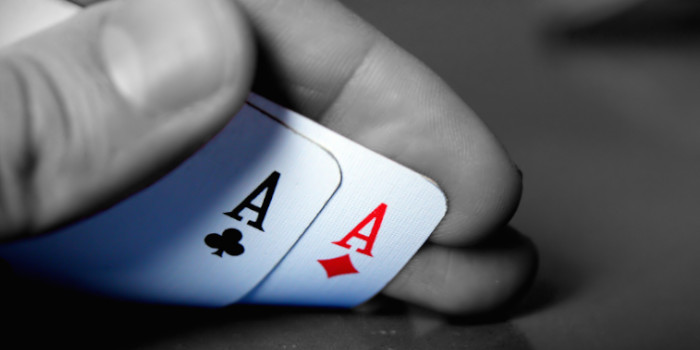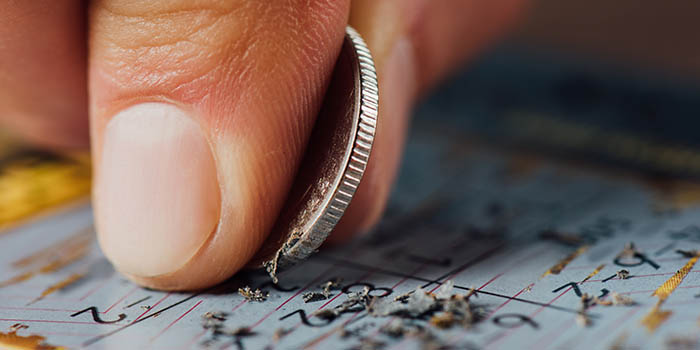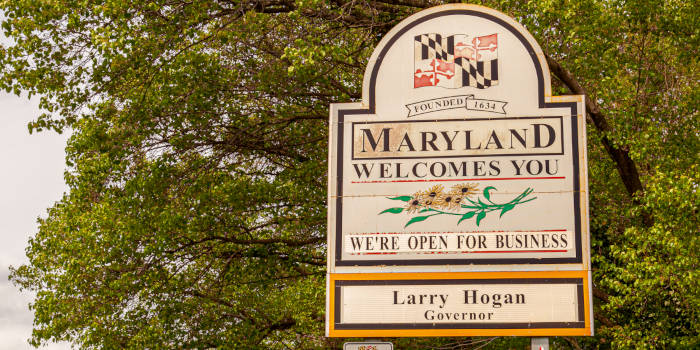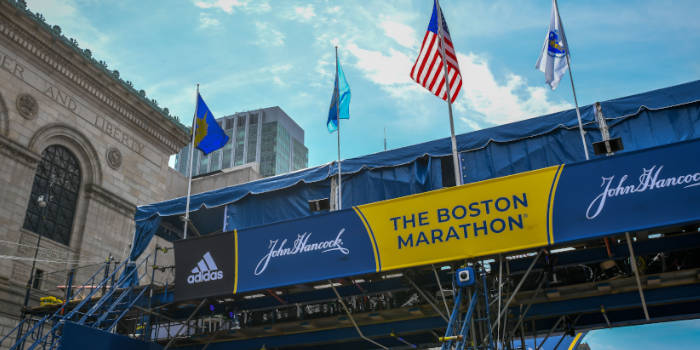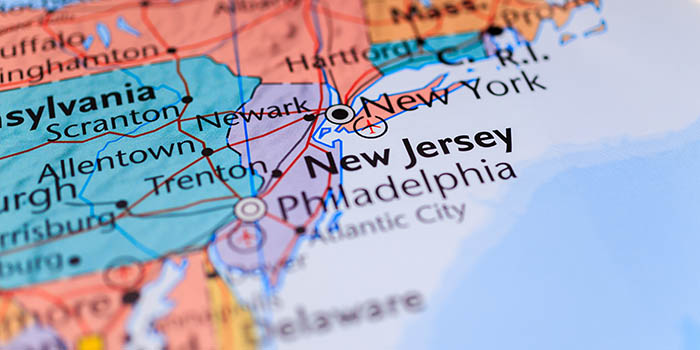Nebraska Seeks to Tax Skill Games
Nebraskan bodies want to tax skill games amid their growing popularity but the verticals' proponents are not happy

Nebraska has seen the number of skill game machines skyrocket in recent years. While similar to slots, skill games are actually a competitor to traditional casino games and are quickly growing in popularity among the locals.
Skill Games – a Popular Form of Entertainment in Nebraska
Slots are now legal in the state but this wasn’t the case for quite some time. On the contrary, skill games have been legal since 2011, as the Nebraska Supreme Court acknowledged that they require skill to play.
As a result, many people have grown accustomed to skill games, leading to a substantial increase in the number of machines in the state. In 2018 there were only 1,577 machines – a number that has now swelled to over 3,878 (November 2022 figures).
Skill games are now ubiquitous in Nebraska and can be found not only in skill game casinos but in bars and supermarkets as well. This popularity is becoming something of an issue as Nebraska does not regulate such games as if they were gambling. In addition, specialists see skill games as very addictive because of how accessible are.
Skill games, the American Gaming Association (AGA) says, earn around $27 billion in revenue a year. Seeing this expansion, the AGA hopes that the US will change its mind and decide to regulate skill game machines as gambling devices. Nebraskan politicians, on the other hand, hope to tax skill games.
Some Seek to Tax Skill Games
Tom Briese of Albion, a Nebraskan state senator, and the WarHorse casino in Lincoln are currently seeking to tax skill games. The parties argue that this is a must as it would also allow the state to lower property taxes.
The senator promised to introduce a bill that would see skill games taxed as if they were slots. This means that they will have to pay 20% of their net revenue as taxes. This can potentially bolster tax relief by some $20 million.
The WarHorse Casino, on the other hand, emphasized that it had to pay $5 million for a slot license, while other businesses can add skill games to their offerings for some measly $250. Lance Morgan, the president and CEO of Ho-Chunk which owns the property, isn’t happy with this arrangement.
Morgan also added that skill machines should be regulated more diligently. One of his employees had recently noticed minors playing skill games undisturbed. The CEO compared the situation to the “Wild West” and said that he cannot comprehend why the previous administration, which opposed gambling fervently, allowed skill games to get so proliferated.
Many Businesses Depend on Skill Games
In contrast to the efforts of the gambling industry, supporters of skill games argue that taxation would “kill them.” Jim Ritzman of the Sowers Club of Lincoln believes that a 20% tax would devastate the sector.
Ritzman argues that skill games earn much less than their slot counterparts. In addition, he pointed out that the skill sector already supports local communities by providing proceeds to youth club activities and college scholarships. Meanwhile, some businesses are dependent on skill games to stay in business.
Skill game proponents say slots and skill machines should not be compared because they have a lot of differences.
Although Fiona doesn't have a long-spanning background within the gambling industry, she is an incredibly skilled journalist who has built a strong interest in the constantly growing iGaming network. The team at GamblingNews.com is glad to have her on our roster to help deliver the best stories as soon as they hit. Aside from writing, she loves to dabble in online casino games such as slots and roulette, both for her own enjoyment and also as research to better improve her understanding of the industry.


